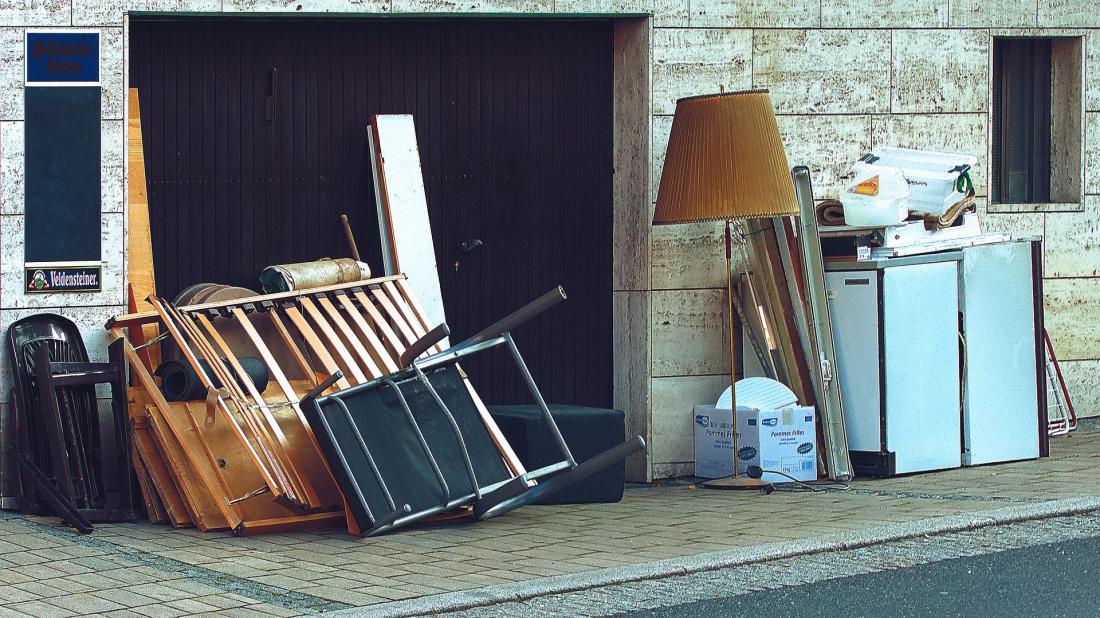REUSEMED in Tunisia creates 7 reuse circuits to promote the culture of reuse

In the municipality of Sakiet Ezzit in Tunisia, a collaboration between various organizations and stakeholders within the project REUSEMED has resulted in the creation of seven reuse circuits for various types of waste. These circuits include food, clothes, baby toys, home appliances, Waste from Electrical and Electronic Equipment (WEEE)s, books and papers, and banderoles. The goal of these circuits is to increase the amount of waste that is reused and reduce the amount of waste that ends up in landfills.
One of the main features of these circuits is the involvement of the community. For example, the food circuit will be piloted in the El Ons region near the university restaurant, and individual composters will be provided to citizens of the Sakiet Ezzit region to help with the composting process. The clothes and baby toys circuits will be implemented through events such as the "Weekend of REUSE" and "A Night of REUSE," which will be held during the sales period and the month of Ramadan, respectively. These events will allow for the collection and sorting of reusable waste, which will then be redistributed by local associations.
The books and papers circuit is already being managed by the Generation's Dream Association, which holds an annual event for the collection of this type of waste. With the REUSEMED project, this event will now be held twice a year in order to increase the amount of waste that is collected and allow for more time for sorting and redistribution.
The banderoles circuit aims to reuse a large amount of waste that is generated by public and private institutions in the region. This waste will be collected and sorted, and then transformed into useful products such as bags, wallets, and purses. The production and distribution of these products will be managed by local associations, with the help of the municipality and the ANGed agency, both partners of REUSEMED.
In addition to the previously mentioned reuse circuits, the municipality of Sakiet Ezzit has also implemented a circuit for dangerous waste. This type of waste includes materials that are toxic, flammable, or otherwise hazardous, and must be handled and disposed of carefully in order to protect human health and the environment. The dangerous waste circuit in Sakiet Ezzit involves the collection and proper disposal of this type of waste from various sources, such as hospitals, laboratories, and industrial facilities. The municipality works closely with the ANGed agency and other organizations to ensure that the waste is properly sorted and transported to specialized facilities for treatment and disposal.
By implementing these reuse circuits, the municipality of Sakiet Ezzit hopes to not only reduce the amount of waste that ends up in landfills, but also create new job opportunities and improve the overall sustainability of the region.
REUSEMED proposes to create municipal networks based on reuse circuits for home appliances, furniture, books, clothes, Waste Electrical & Electronic Equipment and food. To set up the networks, 4 cities in Spain, Italy, Jordan and Tunisia will design and test composting installations, food collection points in markets, repair and reuse centers, reuse corners in shops and repairing cafes.









